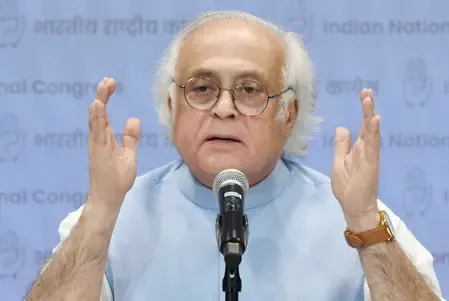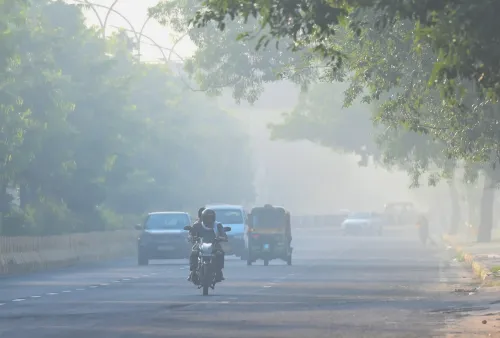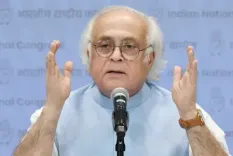Is Denying Identified 'Tainted' Candidates a Form of Double Punishment in West Bengal?

Synopsis
Key Takeaways
- 'Tainted' candidates face exclusion from recruitment.
- Legal representatives argue it’s a double punishment.
- Supreme Court ruling influences current job vacancies.
- 180 identified candidates have applied for new roles.
- Concerns raised about fairness in public service recruitment.
Kolkata, July 9 (NationPress) The legal representatives of the West Bengal government and the West Bengal School Service Commission (WBSSC) asserted on Wednesday during a session at the division bench of the Calcutta High Court that prohibiting identified 'tainted' candidates from engaging in the renewed recruitment process for teaching positions, which became vacant after a Supreme Court ruling in April this year, constitutes a 'double-punishment' for these individuals.
On Monday, a single-judge bench of Justice Saugata Bhattacharya ruled that candidates marked as 'tainted' should be barred from the new selection procedure and specified that any such candidate who has applied for the fresh recruitment process should have their application promptly dismissed.
On Tuesday, the state government alongside the WBSSC contested this ruling before the division bench, comprised of Justice Soumen Sen and Justice Smita Das, challenging the exclusion of the identified 'tainted' candidates from the upcoming recruitment.
During the hearing on Wednesday, the counsel for the commission and Trinamool Congress Lok Sabha member Kalyan Banerjee argued that denying these identified 'tainted' candidates the chance to partake in the fresh recruitment process would amount to a double penalty.
Kalyan Banerjee elaborated that these candidates have already faced job loss and are obligated to repay the salaries received during their employment, making the prohibition from participating in the new recruitment process a second, unjust punishment.
Banerjee emphasized that one individual should not endure multiple penalties for the same misdeed.
On Wednesday, the division bench requested the commission to provide data on the number of identified 'tainted' candidates who applied for the fresh recruitment.
The commission reported that currently, 180 candidates, or 10 percent of those previously identified as 'tainted', have submitted applications for the new recruitment process.
Meanwhile, the 'untainted' candidates have questioned why the state government and commission appear eager to safeguard the interests of those 'tainted' candidates who secured their positions through questionable means.









